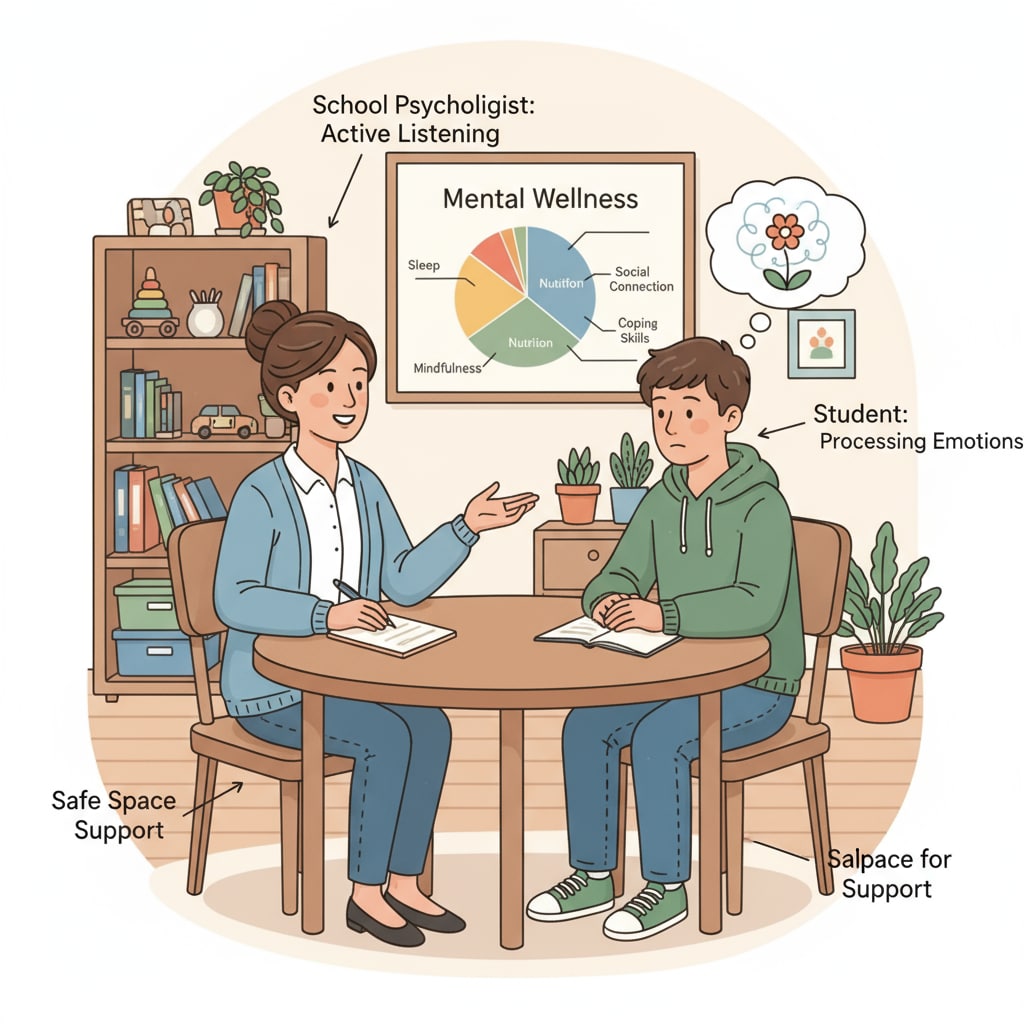In the realm of education career development, the decision between school psychology and administration is a significant crossroads. For educators with a non-education background, this choice becomes even more crucial. Let’s explore these two distinct paths in detail.

The Allure of School Psychology
School psychology offers a unique opportunity to work closely with students. Professionals in this field focus on the mental health, social, and academic well-being of students. They conduct assessments, provide counseling, and collaborate with teachers and parents to create a supportive learning environment. For example, a school psychologist might help a student struggling with anxiety overcome their fears and perform better in school. According to the American Psychological Association, the demand for school psychologists is on the rise as schools recognize the importance of mental health services for students.

The Realm of Administration
On the other hand, education administration involves overseeing the management and operation of educational institutions. Administrators are responsible for setting policies, managing budgets, and ensuring the smooth running of schools. They play a vital role in shaping the educational experience for students and teachers alike. For instance, an administrator might develop a new curriculum or hire the right teachers to meet the school’s needs. As per Education World, administrative positions require strong leadership, organizational, and decision-making skills.
When considering these paths, it’s essential to assess your personal strengths, interests, and long-term goals. If you have a passion for helping students on an individual level and enjoy working with children, school psychology might be the right fit. However, if you are more interested in the big picture, policy-making, and leading an institution, administration could be your calling.
Readability guidance: As we’ve seen, each path in education career development, whether it’s school psychology or administration, has its own set of rewards and challenges. By understanding these aspects, educators can make a more informed decision about their future.


